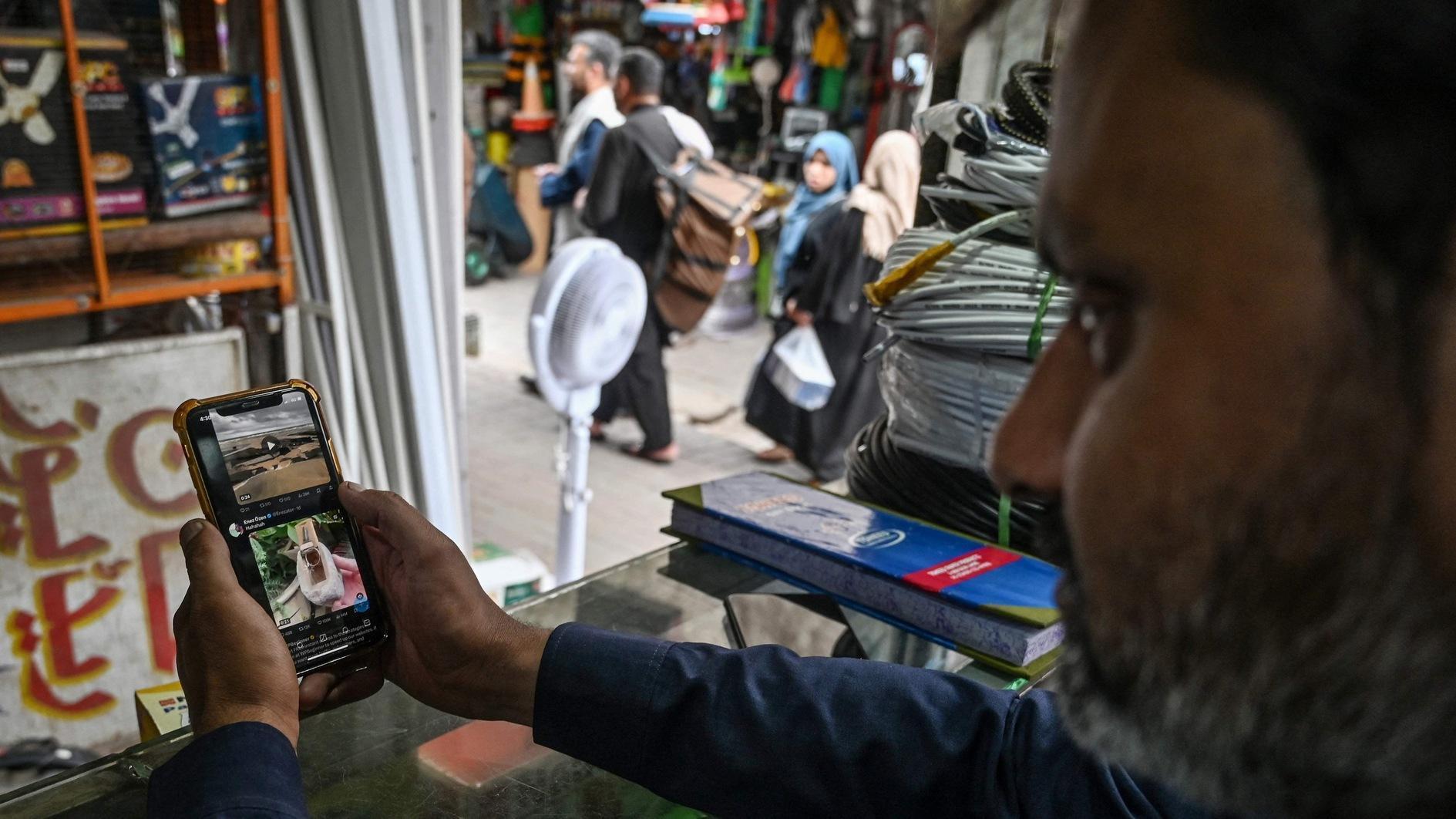China cuts entertainment TV by two-thirds: report
BEIJING - Agence France-Presse

Chinese scientists monitor the docking of the Tiangong-1 space lab module and the Shenzhou VIII spacecraft in space at the Jiuquan Satellite Launch Centre in the northwestern province of Gansu on November 3, 2011. AFP photo
China's satellite broadcasters have dramatically cut the number of prime time entertainment shows they air, state media said, after President Hu Jintao warned of the dangers of Western cultural imports.Dating shows and talent contests, many of them based on Western television formulas, have taken off in China in recent years, sparking concern among authorities.
The official Xinhua news agency said the number of entertainment shows airing during prime time every week had plunged to 38 from 126, in line with an order the state broadcasting watchdog issued in October.
The State Administration of Radio, Film and Television (SARFT) ordered broadcasters to stop showing "excessive entertainment", and to air at least two hours of news each evening from January 1.
"Satellite channels have started to broadcast programmes that promote traditional virtues and socialist core values," Xinhua said Tuesday, citing SARFT.
For the past decade, Beijing has been encouraging state-run media to be more competitive and less reliant on state subsidies, which has led to more critical reporting and racier programming as outlets compete for readers and viewers.
But the trend towards more free-wheeling reporting, the growth of reality television programmes and the explosion of microblogging sites has undermined official efforts to control public opinion.
This week, President Hu Jintao warned in an essay in a Communist Party magazine against a growing Western cultural influence, saying "hostile international powers" were targeting China's "ideological and cultural fields".
Senior party members agreed at their annual meeting in October to boost the nation's cultural soft power, a move analysts said was partly to ensure the media galvanised patriotic sentiment ahead of a leadership transition in 2012.
China has more television viewers than any other country in the world, with an estimated 95 percent of its 1.3 billion people having access to the medium.
Xinhua did not specify which shows had been axed, but said they included talk shows, "emotional stories," games and competitions, variety shows and reality television.
It said popular dating show "If You Are the One" would continue to air in prime time, despite having raised official eyebrows when a contestant said she would rather "cry in the back of a BMW" than date a man who only had a bicycle.
Experts said Chinese viewers were likely to go online for entertainment, or switch to widely available pirated DVDs.
"It's worth asking whether consumers will rebel against the sure-to-be staid programming," said Tom Doctoroff, Shanghai-based North Asia chief executive of advertising agency JWT.
"I don't think they will... they are used to strong top-down command and control policies."
















